- Sunday Snacks
- Posts
- Sunday Snacks — Vol. 6: Acceleration Mode: Navigating the Fast Lane of Innovation
Sunday Snacks — Vol. 6: Acceleration Mode: Navigating the Fast Lane of Innovation
Weekly rundown of your snacks!
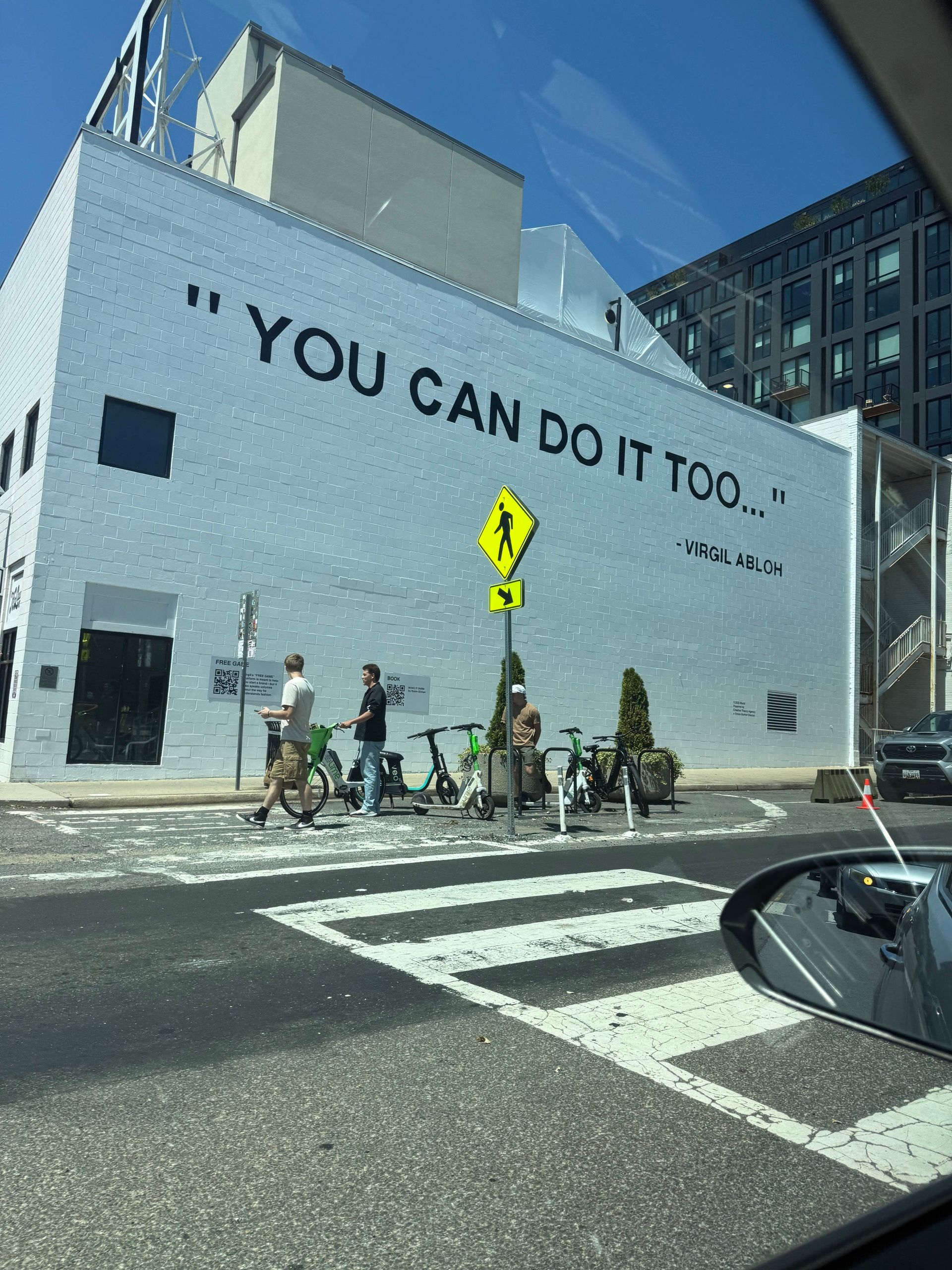
Hello friends!
New edition of Sunday Snacks delivered to your inbox hot and fresh!
🍿 Sunday Snacks – Edition for August 9 2025
Welcome back to Sunday Snacks, your bite‑sized guide to what’s happening in tech, business, productivity and the creator economy. If you’re new here, we break down the week’s most interesting stories into plain English — no jargon, just the snacks you need to stay informed.
🍿Quick bites
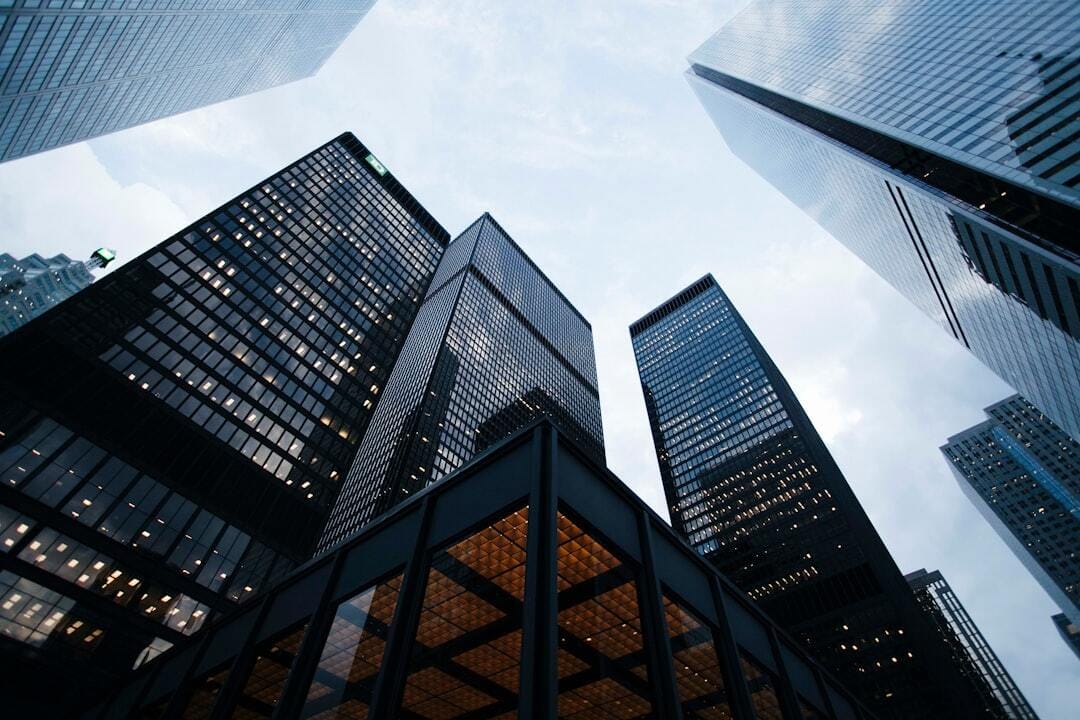
AI’s next revolution? Demis Hassabis of Google’s DeepMind says the artificial‑intelligence boom could be ten times bigger and ten times faster than the Industrial Revolution. In other words, we’re still at the very beginning of a huge shift.
Corporate cards get smarter. Fintech company Ramp raised $500 million at a $22.5 billion valuation to accelerate its AI agents that automate expense reports and fraud detection.
U.S. chip export thaw. The Commerce Department has begun issuing licenses allowing Nvidia to sell its AI‑optimized H20 chips to Chinese customers, easing a ban that had threatened billions in sales.
YouTube’s economic impact. A new report shows YouTube’s creator ecosystem contributed $55 billion to U.S. GDP and supported 490 000 jobs in 2024. That’s a significant jump from 2022 as more people make a living editing, producing and managing online video.
SEC vs. Ripple ends. The Securities and Exchange Commission dropped its long‑running lawsuit accusing Ripple Labs of illegally selling XRP tokens as securities. Ripple will pay a $125 million fine, but the case is closed.
🔍 Tech & AI
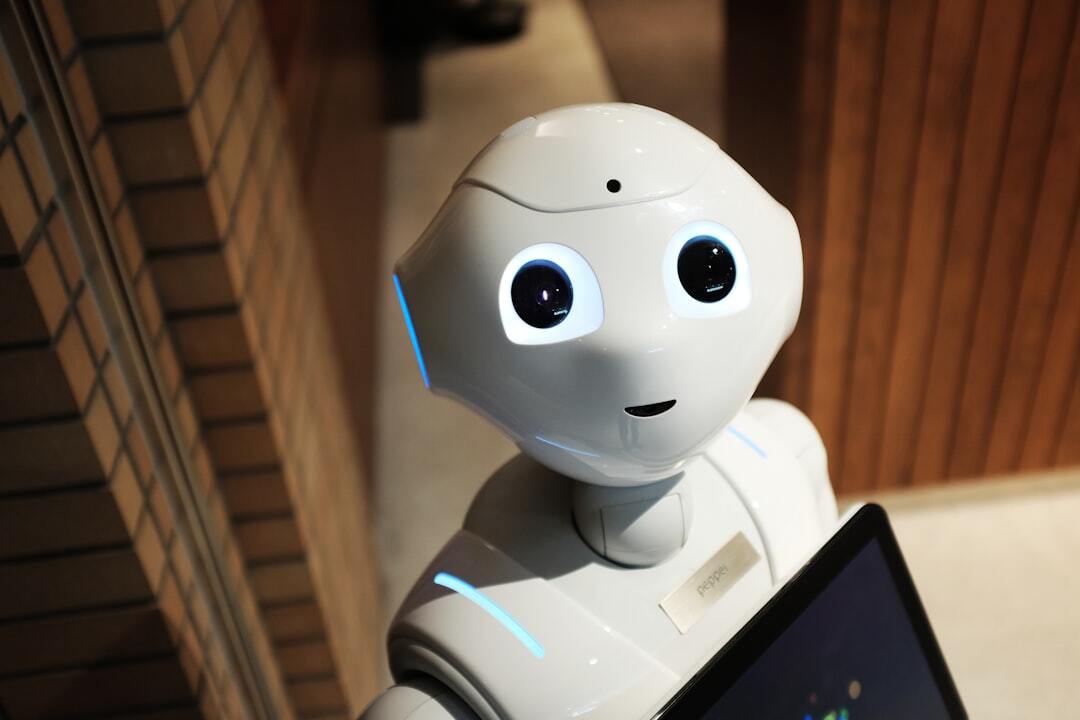
The AI revolution isn’t slowing down
In a recent interview, Demis Hassabis, head of Google’s AI lab DeepMind, predicted that the AI era could be vastly larger and faster than the Industrial Revolution. While acknowledging the risks, he views this as an opportunity: machines that can learn and reason may transform every industry, from healthcare to entertainment. For readers, that means AI will likely seep into more products and services at an accelerating pace.
One‑click storytelling
AI startup OpenArt has released a tool that lets anyone generate a one‑minute video from a single prompt. The feature offers templates like Character Vlog, Music Video and Explainer, and it bundles more than 50 AI models behind the scenes. The goal is to lower the barrier to entry for aspiring creators; however, issues around intellectual property remain. OpenArt says its platform has over 3 million monthly users and is on track for $20 million in annual revenue.
NASA and Google’s space doctor
NASA is working with Google on a digital medical assistant for astronauts called Crew Medical Officer Digital Assistant (CMO‑DA). Using a multimodal AI model that runs on Google’s cloud, the assistant guides crew members through diagnosing and treating injuries when communication with Earth is delayed. During simulations of ankle injuries and ear pain, the tool provided the right diagnosis 74–88 % of the time. Over time, NASA plans to integrate medical‑device data and tailor the system for space‑specific illnesses, with lessons that could eventually benefit healthcare on Earth.
Microsoft Lens fades away
Microsoft will retire its free document‑scanning app Lens on September 15 2025. The app will be removed from stores by November 15 and disabled by December 15. Users are being encouraged to switch to Microsoft 365 Copilot, an AI‑powered assistant; however, Copilot currently lacks many of Lens’ features, like reading text out loud or saving scans directly to OneNote. If you rely on Lens for quick scans, now is the time to explore alternatives.
GPT‑5 rollout hiccups
OpenAI CEO Sam Altman fielded questions after users complained that the newly released GPT‑5 model seemed “dumber” than expected. Altman explained that a router malfunction caused the system to deliver older model outputs, and he promised an update along with higher rate limits for paid users. He also acknowledged a confusing benchmark chart in OpenAI’s blog post and said the company is considering allowing paid subscribers to switch back to GPT‑4o.
💼 Business & Markets

Ramp’s $500 million raise
Corporate spending platform Ramp has been on a tear. After more than tripling its valuation from $13 billion in March to $22.5 billion in July, the startup raised $500 million to fund new AI agents that can automatically detect fraud, update company policies and approve or deny transactions. The company now serves over 40 000 businesses and handles tens of billions in purchases each year.
Apple doubles down on U.S. manufacturing
Apple pledged to invest an additional $100 billion in U.S. facilities over the next four years, bringing its total domestic investment to $600 billion. Through its American Manufacturing Program, Apple will hire 20 000 people and build a complete U.S. supply chain for its chips, glass and other components. Partners include Corning (for iPhone glass), Broadcom (radio‑frequency parts) and Texas Instruments (semiconductors). This move could help reduce reliance on overseas suppliers and create high‑tech jobs in states like Kentucky and Arizona.
SEC ends Ripple lawsuit
After years of legal wrangling, the U.S. Securities and Exchange Commission has ended its case against Ripple Labs, maker of the XRP cryptocurrency. A federal judge had ruled in 2023 that Ripple’s sales to institutional investors violated securities laws, but sales on public exchanges did not. The final settlement includes a $125 million fine, and both sides agreed to drop further appeals. Ripple’s chief legal officer called it a “final chapter” for the case, and many in the crypto industry see it as a sign that regulators are shifting focus.
Nvidia restarts sales to China
The U.S. Commerce Department has begun issuing licenses for Nvidia to export its H20 AI chips to Chinese companies. Earlier this year, export controls threatened to wipe out up to $8 billion in sales; the new licenses ease that pressure. It’s unclear how many licenses have been approved, but the move signals that U.S. policymakers may be balancing national‑security concerns with economic interests.
📈 Productivity & Work
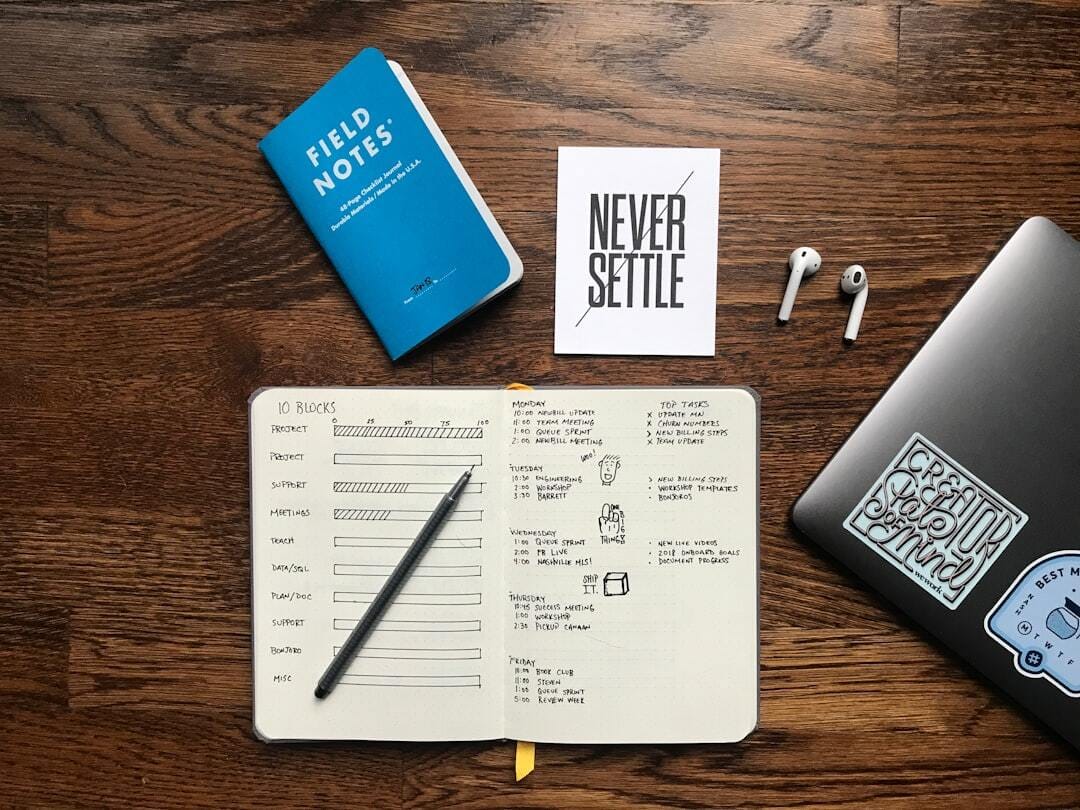
How many people use generative AI at work?
A survey by researchers at the St. Louis Fed found that 28 % of U.S. workers used generative AI at work in August 2024, and usage remained steady into November. Among those users, about one‑third spent an hour or more with AI tools each day, and nearly half used them for 15–59 minutes.
Time saved vs. time spent
Of the workers who used AI, 20.5 % said it saved them four or more hours per week; another 20.1 % saved three hours, while 26.4 % saved two hours. The average time savings for AI users equaled 5.4 % of their workweek (about 2.2 hours); across all workers (including non‑users), AI shaved off 1.4 % of hours worked. The research also found a strong correlation: a 10‑percentage‑point increase in time spent using AI corresponded to a 1.7‑point increase in time saved. In short, the more comfortable you become with AI tools, the more benefit you’re likely to see.
AI augments, but sometimes replaces
A study covering five million U.S. patents (2007‑2023) compared the effects of different AI functions on jobs. It found that generative AI used for language, creativity and decision‑making tends to expand hiring and boost productivity in white‑collar roles like finance, management and engineering. In contrast, AI focused on perception and motor control (e.g., image and speech recognition for factory robots) is more likely to displace manual labour and doesn’t necessarily improve productivity. The researchers stress the need for reskilling programs so workers can transition to higher‑value tasks.
🎨 Creator Economy
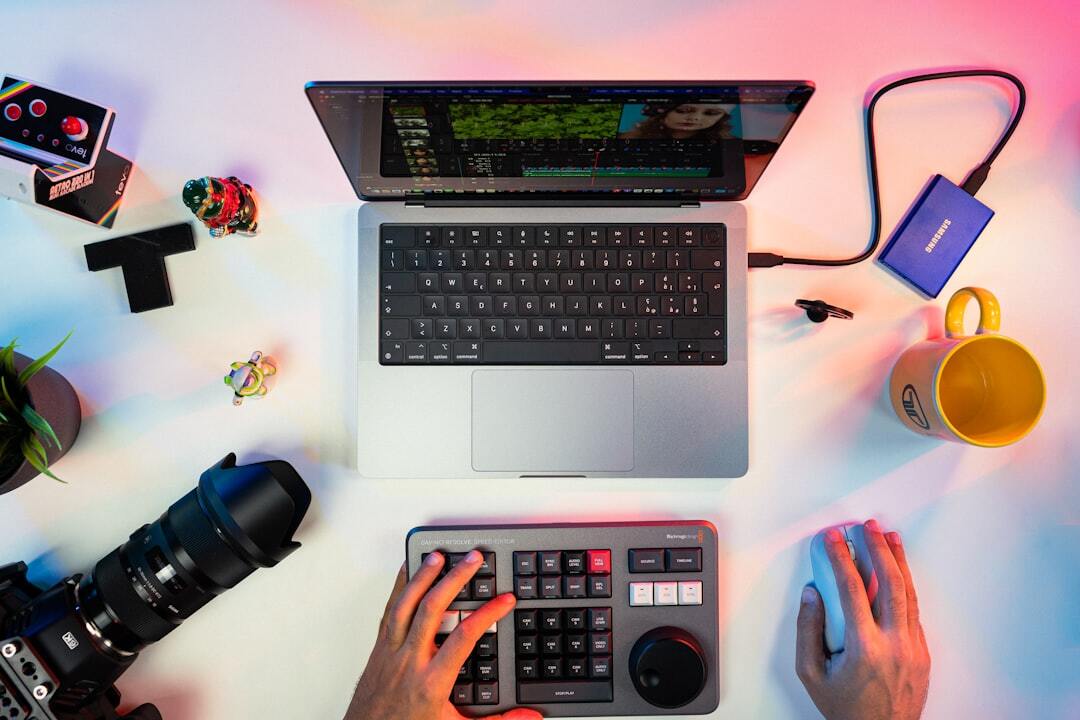
YouTube’s booming ecosystem
YouTube commissioned an Oxford Economics study showing that its platform generated $55 billion in U.S. economic output and supported 490 000 jobs in 2024, up from $35 billion and 390 000 jobs in 2022. This includes not just video makers but also editors, publicists and companies serving creators. Despite a slowdown in venture capital funding, the report underscores how digital content creation is becoming a stable industry with real careers.
Independent news gains momentum
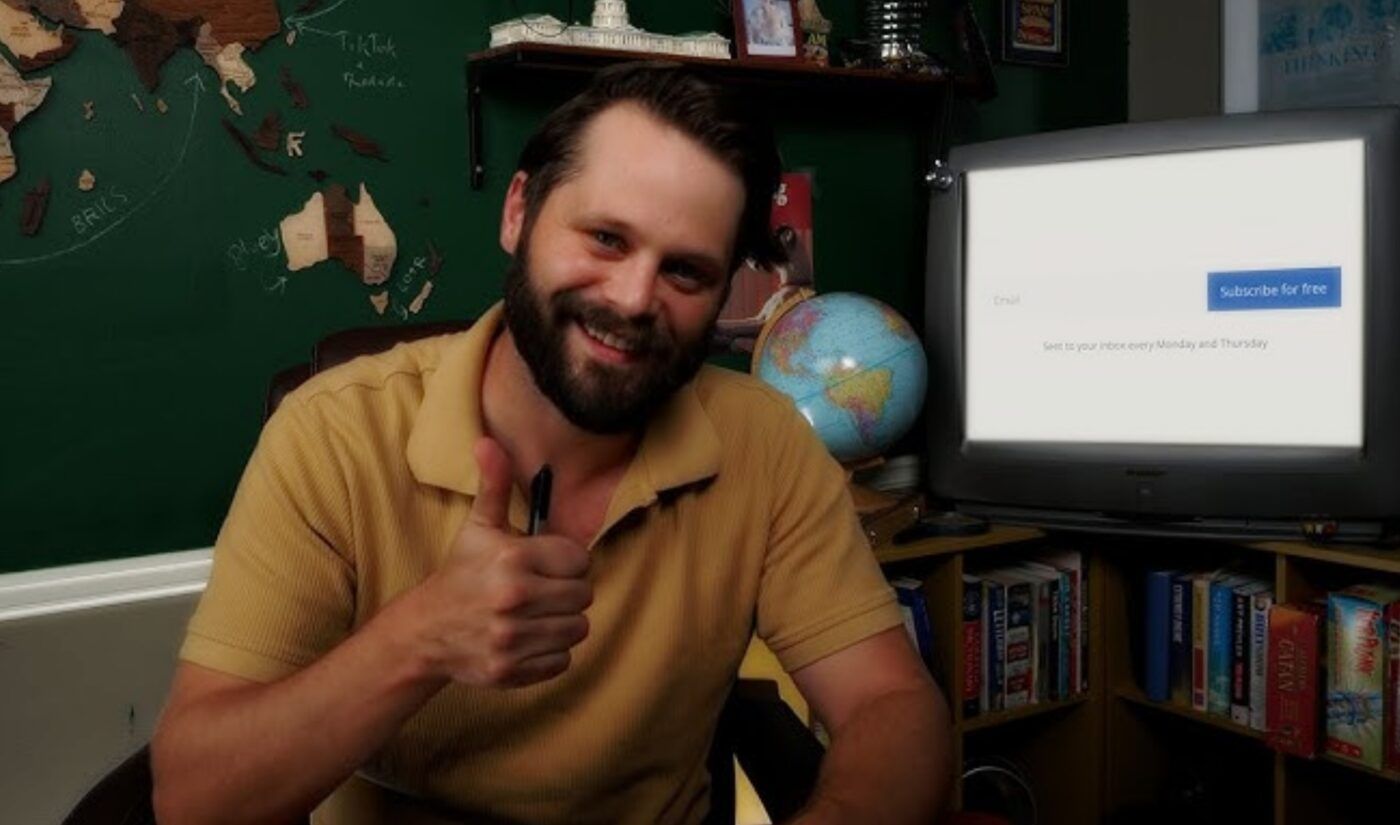
Former Washington Post TikTok host Dave Jorgenson left the paper to launch his own news outlet, Local News International. In just two weeks he added over 30,000 YouTube subscribers, more than 40,000 new TikTok followers and 5,000 newsletter subscribers. Jorgenson says his videos still mix news with humor, but he feels viewers trust them more now that they’re not under a legacy‑media umbrella. His fledgling company runs on paid newsletter subscriptions and small brand deals, with a team of four ex‑Post colleagues.
Jorgenson’s move is part of a broader shift. Pew Research Center found that about three‑quarters (77 %) of social‑media news influencers have no past or present ties to a news organization, and those who have worked at news outlets tend to be more cautious about expressing political opinions. Recent defections by journalists like Tara Palmeri, Kara Swisher and Sophia Smith Galer highlight how independent platforms can offer more creative freedom and closer audience relationships.
Podcasts leap to TV
Comedy podcast Las Culturistas, hosted by comedians Matt Rogers and Bowen Yang, turned its annual awards‑show parody into a televised special on Bravo and Peacock. The “Culture Awards” skewered awards‑show tropes with celebrity cameos from Quinta Brunson and Jeff Goldblum, and clips racked up millions of views on X, TikTok and Instagram. The success underscores how established podcasts can jump from audio to mainstream TV while retaining their quirky, often queer‑centric humor.
Other creator headlines
Lifestyle creator Woah Vicky is launching an AI voice‑assistant app, Call Vicky.
Mark Rober and MrBeast’s #TeamWater charity campaign hit $10 million raised in its first week.
Film critic Chris Stuckmann released a trailer for his crowdfunded horror film, Shelby Oaks.
Dating‑forum app Tea faces a lawsuit over a data leak, while streamer Ludwig announced the lineup for the 2025 Streamer Games.
Platform updates
YouTube rolled out new audience insights that categorize viewers as New, Casual or Regular and expanded the Community tab so fans can post on creators’ channels.
TikTok launched Market Scope analytics for measuring awareness, consideration and conversion. It added a Brand Consideration ad objective, expanded its TikTok One marketplace with trend‑tracking dashboards and an AI‑powered Search Ads Center, and upgraded its Symphony video generator to work seamlessly with automated ad campaigns
Instagram gave users Edit Grid controls to arrange their profile posts, added real‑time music status through Spotify, and created a dedicated Highlights tab for Stories. It also allows cross‑posting Reels to Facebook for better monetization and introduced Edits, a free video‑editing app with teleprompter and overlay tools.
These changes reflect a broader trend: platforms are competing to give creators better analytics, more ways to monetize and improved editing tools. If you’re a creator or marketer, staying on top of these features can help you reach your audience more effectively.
🎯 Final thoughts
From AI breakthroughs and big‑money deals to new tools for creators and practical research on productivity, this week shows just how quickly our digital economy is evolving. The common thread is acceleration — whether it’s the speed of AI development, the scale of corporate investments or the growth of content creation into a legitimate career path.
That’s it for this week. Stay weird, stay learning.
—Fahad